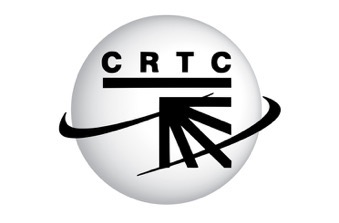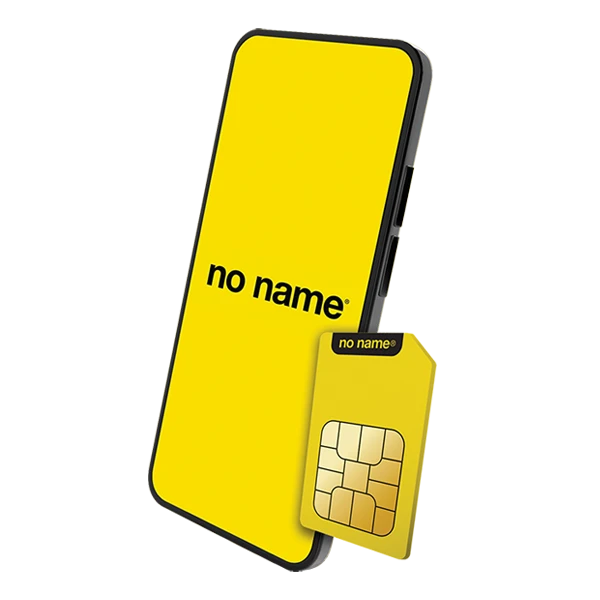
CRTC Reaffirms Net Neutrality Commitment; Chairman Has “No Soft Spot for Carriers”
In an interview with The Globe and Mail, CRTC chairman Ian Scott has reiterated the commission’s commitment to net neutrality, defending his position against critics, who claim he is rather in favour of loosening regulations.
“Let’s be really, really clear: The CRTC is the one that has created the current net neutrality
regulatory framework in Canada and I would submit that it is one of the best in the world,” Scott told telecom reporter, Christine Dobby.
Back in November, Scott said some flexibility would be required in regards to net neutrality, when it comes to things such as public safety, self-driving vehicles or remote medical procedures.
Consumer non-profit OpenMedia reacted to Scott’s position and an online petition garnered nearly 15,000 signatures of support to “Save Net Neutrality in Canada.”
With the U.S. recently turning back the clock on net neutrality, many fear Canada is set to follow the footsteps of our southern neighbour. Net neutrality favours free flow of all internet traffic, without prioritizing or blocking any content.
“We’ve been dogged in our protection and support of net neutrality and nothing has
changed,” said Scott, adding, “We have not backed off and we are not walking away. Our decisions speak for themselves, and there has been no change in the commission’s position.”
Scott, a former Telus executive, also said “I don’t have any baggage, preference or a soft spot for carriers,” noting he is just one of eight votes when it comes to the commission’s decision-making.
According to The Globe, the CRTC published comments regarding net neutrality last week, saying current laws allow “the CRTC with the required authority to continue to uphold the principle of net neutrality for all telecommunication services.”
Recently, the deadline for submissions to the Broadcasting and Telecommunications Legislative Review Panel came to a close. Canadians were asked to submit their views on how the government should shape broadcasting and telecommunications law, which also relates to the internet and net neutrality.
However, public submissions will be kept secret for months, which according to critics, does not make the process transparent, despite the federal government touting openness all the time.
Hard to imagine the reasoning for keeping BTLR submissions a secret until end of June, when the summary report is issued. Transparency is in the public interest. Let's make these public now, @NavdeepSBains & @Rodriguez_Pab. #BTLR https://t.co/eQ2oyHm8zI
— Laura Tribe (@ltribe) January 15, 2019
#CRTC Chair Ian Scott's record, so far:
✅ Shuts down WiFi-MVNO mobile providers
✅ Doubles down on #InternetTax for consumers
✅ Parrots telecom lobby talking points on #5G
✅ Proposes new exceptions for #NetNeutrality
✅ Slashes "basic" Internet speed targets for funding pic.twitter.com/FoWLc97N9M— Josh Tabish (@jdtabish) November 2, 2018


